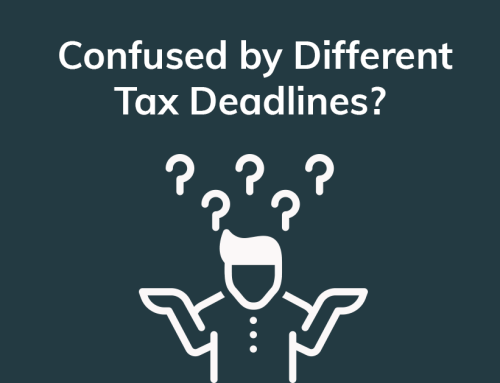Whatever line of work you may be in, and whether you’re an independent contractor or running an SME, there’s one vital function of your business that you may find a little baffling – and that’s the accounts. It’s not an area that you can avoid, as it’s so essential – but it can be complex and full of jargon. At ICS, we pride ourselves on making it simpler and easier for you by providing expert, friendly services – and by explaining some of that jargon for you.

Assets: There are two kinds of assets: fixed assets and current assets. Fixed assets are generally things like property and equipment, of long-term benefit to the company, whilst current assets covers cash and things that are likely to be converted to cash within a year, like stock.
Allowable Expenses: Expenses which are deductible from your turnover for tax purposes – such as telephone expenses, mileage for your travel and licenses for your business software – are eligible for tax relief. Where possible, receipts are needed to record such allowable expenses, with some exceptions.
Corporation Tax: This is the tax you pay on your company’s profits. The rate of corporation tax is set by the government and is currently 20%.
Creditor: Anybody who the company owes money to is a creditor. This often includes the company directors.

Debtor: Anybody who owes the company money is a debtor.
Double Entry Bookkeeping: This is the system of bookkeeping which underpins the accounts. For example, say you buy an item for your business – one ledger records the amount you spent on that item, and the other records the item itself as a new asset. Accurate double-entry bookkeeping ensures that the principles of accounting are followed, but doesn’t guarantee accuracy, which is achieved through regular reconciliations.
IR35: This is legislation designed to identify “disguised employment” – it can affect contractors if they are deemed to be working as if employed by their client, so it’s important to be clear on your status. The effect is that the benefits of operating through a limited company are reduced, primarily though a higher tax and national insurance bill.
Liabilities: Like assets, these are divided into long-term and current. Anything your company needs to pay within the current financial year, including overdraft fees, debts to suppliers and short term loans, is counted as a current liability. Anything to be paid over a longer period is a long-term liability.
Reconciliation: No, it’s nothing to do with making up after an argument; a reconciliation is an act that compares your business records to an asset or liability you have to make sure it all matches up. Regular reconciliations are very important as they help you manage your business and ensure the figures you use to make decisions are reliable.

Dividends: After you’ve paid your salaries and any expenses, and put aside the money you need to pay your taxes, what’s left is the profit. From your profit, you can pay dividends – the money that’s left in the company which belongs to the shareholders.
Retained Profit: Any profits that are to be kept within the company rather than being paid out as dividends.
Director: Every limited company has to have at least one director – they are responsible in law for running the company, ensuring that all company accounts and reports are done properly and filed in a timely manner. Although they hold the legal responsibility for this, many delegate the preparation of these to their accountants.
Self-Assessment: Although this is a personal tax matter not a company one, it’s related; if you’re a director of a company or have certain types of income such as rental income or investment income, you will need to complete an annual self-assessment tax return. This return details all income earned, and if further tax is due, this is calculated.
These are, of course, just a handful of accountancy terms that you might encounter – there are many more! If you’re feeling baffled by your company accounts, or if you’re not sure where to even start, our friendly and helpful experts are standing by to help you. Here at ICS Accounting, we offer a range of services to self-employed contractors and SME businesses, ensuring that you can find the accountancy solution that’s right for you – and we promise to explain any jargon you don’t understand in clear terms. For more information, get in touch with us on 0800 195 3750 today.
















